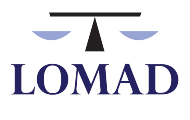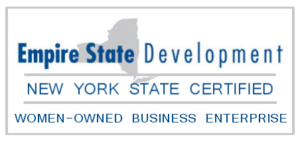Anyone else annoyed by claimants who were directed to wean two years ago that now continually file PARs for opioids?
We did it! We were successful in obtaining a finding that the claimant should be weaned off their opioid narcotics. In some cases, the treating doctor even agreed that the claimant should not be on the opioid narcotic medications and should be weaned. Per usual, the carrier is directed to pay for the opioid narcotics during the weaning period. We may even have a Board Panel Decision affirming this decision.
However, it’s not the end of the story: the doctor just decides he is not going to comply, or the claimant engages in a series of jumping doctors to thwart weaning, or the claimant starts billing the opioid narcotics through private insurance or Medicare but continues to bill you for the monthly visits to obtain the medications. Add to that the PAR process which is onerous with quick turnarounds and level 3 reviews that are slipping past the MDO where the previously weaning direction is ignored. All this negates successful litigation efforts and expense.
So, what can we do? One thing we can do is object through C-8.1Bs to the treatment by the treating provider who is neither complying with the guidelines and the prior direction. The objection is for any treatment where the prescription opioid continues to be prescribed. You can object even if it is just an office visit, even if there is other treatment provided, even if the provider is billing the opioids to another insurance carrier or there is self-pay. If part of the office visit is prescribing the inappropriate medication, you need to object. The objection on the C-8.1B should be outside the MTGs (#13), requires for treatment was denied (#3-F.3.e.iv is a good option), other (#12 with a citation to the NOD/MBPD directing weaning that the doctor is not following), and it may also be unrelated (if it is going to another carrier- because then it’s unrelated or fraudulent).
Typically, there will then be a Proposed Decision finding this bill for the provider. We will then need to object and present our arguments and caselaw at the hearing. Typically, this has been successful. In one case, the WCLJ actually refused to find the claimant “not responsible” because they had switched doctors to avoid the weaning. Some of the WCLJs have mitigated and found the first set of C-8.1Bs for the provider with a notation in the NOD that the carrier is not responsible for any further office visits where the opioids are prescribed.

